 PRESIDENT Ferdinand R. Marcos Jr. and First Lady Liza Araneta-Marcos met the Filipino community during his visit to South Korea, Oct. 30. — PPA POOL
PRESIDENT Ferdinand R. Marcos Jr. and First Lady Liza Araneta-Marcos met the Filipino community during his visit to South Korea, Oct. 30. — PPA POOLBy Chloe Mari A. Hufana, Reporter
PRESIDENT Ferdinand R. Marcos, Jr. said confidence in the Philippine economy has been “restored” as his administration’s efforts to expose and address irregularities in the government strengthened trust in its economic management.
In a press conference in Gyeongju, South Korea, on Saturday night, the President said his administration’s decision to address and correct irregularities publicly demonstrates commitment to good governance and economic stability.
Mr. Marcos, who was in South Korea for the 32nd Asia-Pacific Economic Cooperation (APEC) Economic Leaders’ Meeting, said transparency in government actions sends a strong signal to investors that the Philippines is serious about reform and accountability.
“If we had not exposed it, then they would be saying that there’s a problem. Now that we have exposed it, their confidence is stronger in the Philippines,” he noted, according to a live-streamed video on state media.
“That’s why things have changed. The level of confidence in the Philippine economy and in the Philippine government as the leader and the guider of the economy is restored.”
Upon arrival in Manila on Sunday, Mr. Marcos vowed to sustain the momentum of the Philippines’ APEC participation, saying his administration will translate the commitments made in South Korea into “tangible results” for Filipinos and the broader region.
He said this year’s summit reaffirmed the shared resolve among member economies to pursue growth anchored on connectivity, innovation and inclusivity. He also noted Manila’s push for stronger digital inclusion for small businesses, seamless cross-border trade through better infrastructure and broader upskilling initiatives for women and marginalized sectors.
Mr. Marcos also repeatedly emphasized transparency and accountability as key to sustaining investor trust and achieving the administration’s medium-term growth targets, which aim to position the Philippines among Southeast Asia’s top investment destinations.
The government in August launched a massive corruption crackdown, probing a public works scam that exposed lawmakers, contractors, and Public Works officials who allegedly received billions in kickbacks.
“All countries have their own problems, but the only problem, especially for investors, is whether or not the government is doing anything about it,” Mr. Marcos added.
NOT YET RESTORED
Foreign Buyers Association of the Philippines (FOBAP) President Robert M. Young, however, said the business confidence has not yet been restored.
“To state that business confidence has been ‘restored’ is not quite accurate, but fortunately, the people can see that there is an effort by the government to address the problem, which hopefully will have good and acceptable results,” he said via Viber, noting the country is still “in the process” of restoring lost confidence.
Mr. Young added the Philippines should not “exaggerate” and “overindulge” in the corruption issue, instead focusing on how to remedy its “dismal filing business capabilities” compared to neighboring countries.
Research firm IBON Foundation Executive Director Jose Enrique A. Africa also dismissed Mr. Marcos’ claim that confidence in the Philippine economy has been restored, describing it as “empty bluster.”
He said that genuine confidence must come from the people, who remain doubtful of the government’s anti-corruption campaign and unconvinced that the economy can provide secure jobs, fair wages, and affordable basic services.
Citing a Pulse Asia survey, he said nearly all Filipinos believe corruption is widespread and rising, and that fewer than a third of respondents trust the president to address the issue.
Mr. Africa added that even major investors are likely reassessing the risks posed by ongoing corruption scandals, warning that the Marcos administration may be underestimating public outrage and its potential political consequences.
“Even financial markets and big investors used to making profits amid corruption must be taking pause today while they take stock of the eventual impact on public investment and, especially, on the political situation,” he said via Viber.
“The Marcos, Jr. administration may be wrong in thinking that it can manage the upsurge of outrage against corruption and keep the presidency itself from being held accountable.”
The business community earlier released an open letter condemning the large-scale corruption in the country and demanding accountability.
They urged Mr. Marcos to take “bold and concrete actions” to counter rampant corruption and rebuild public trust.
The letter — penned by organizations including the Employers Confederation of the Philippines, the Federation of Free Workers, the Philippine Chamber of Commerce and Industry and the Trade Union Congress of the Philippines — lamented the lack of effective follow-through despite investigations.

 8 hours ago
1
8 hours ago
1
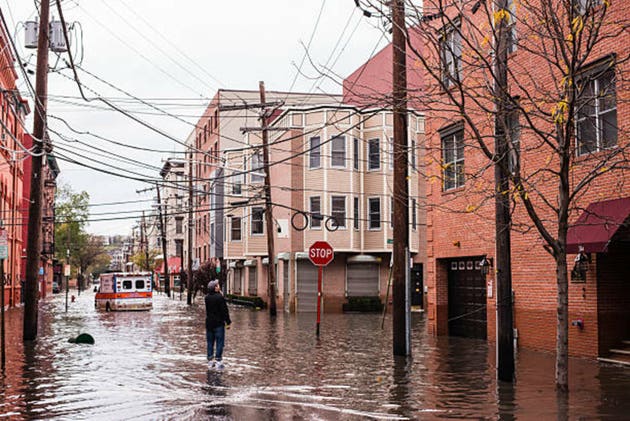
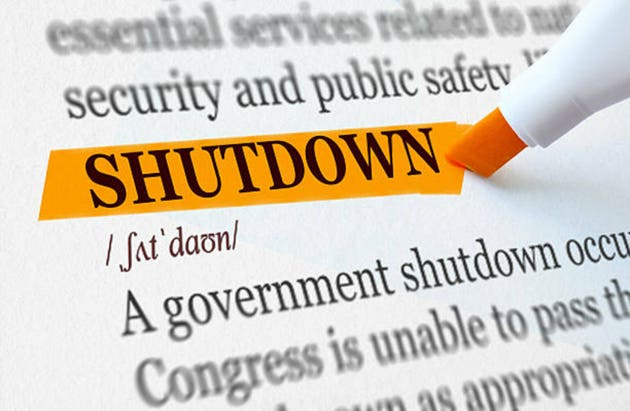

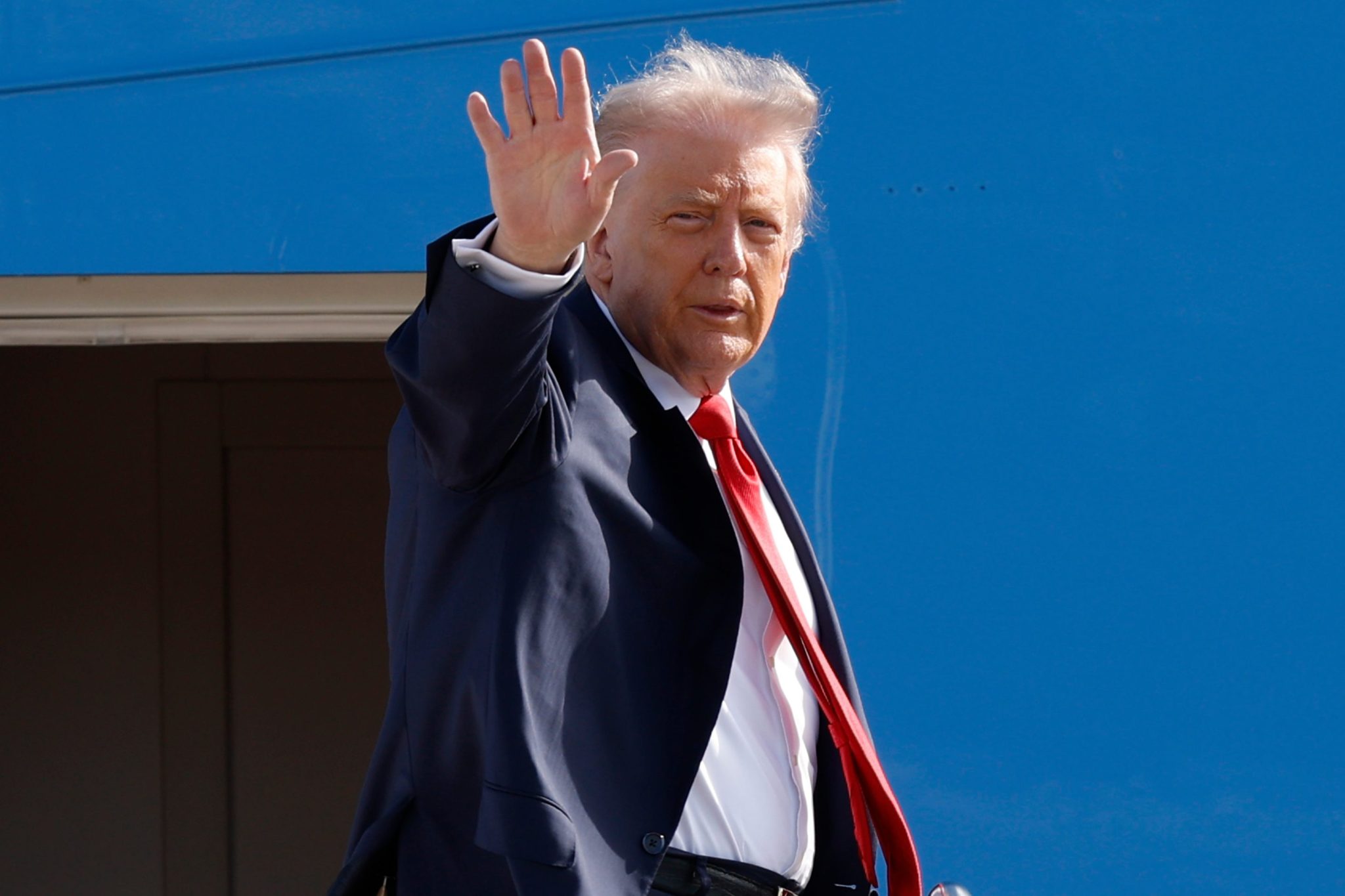
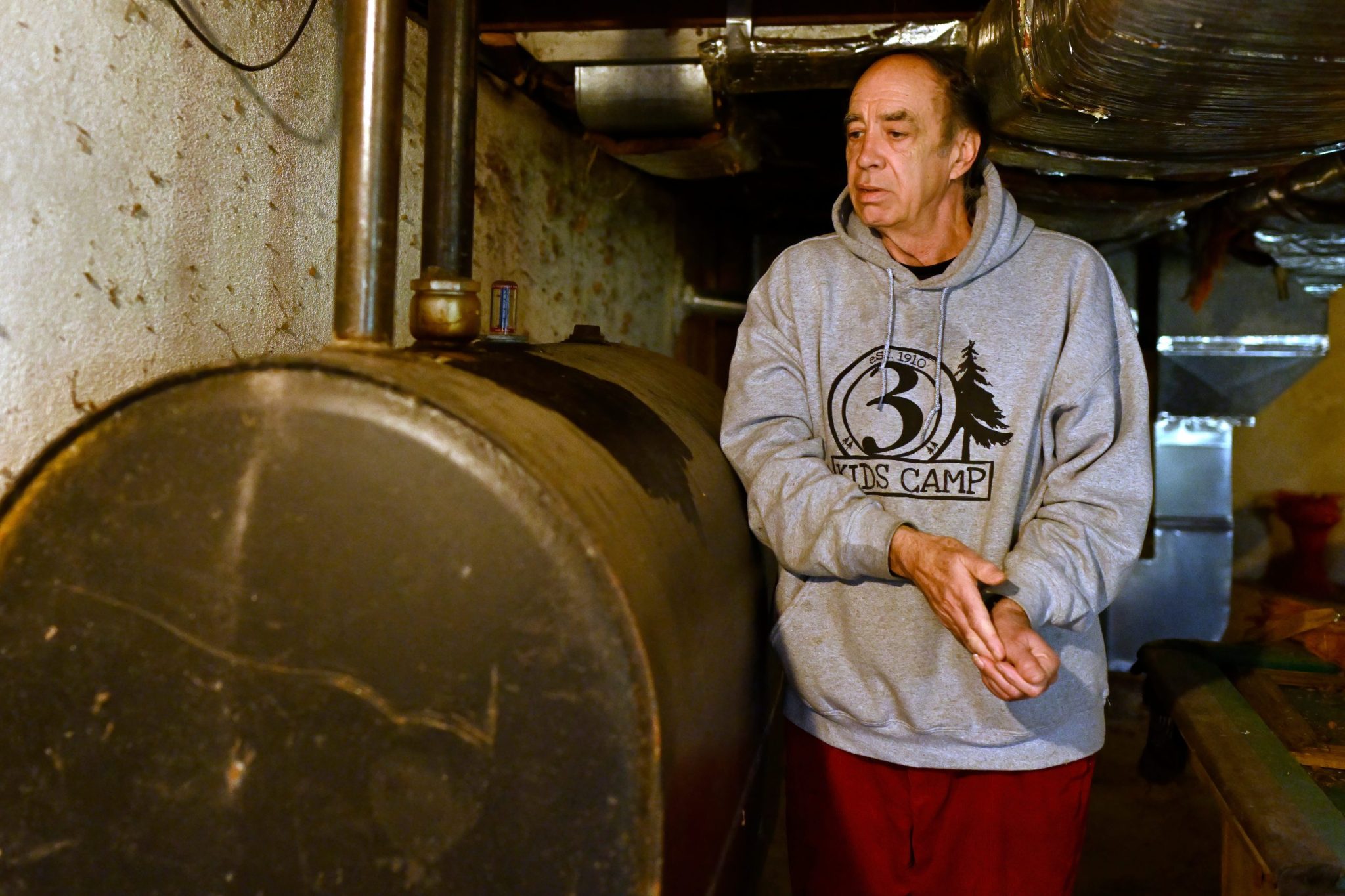

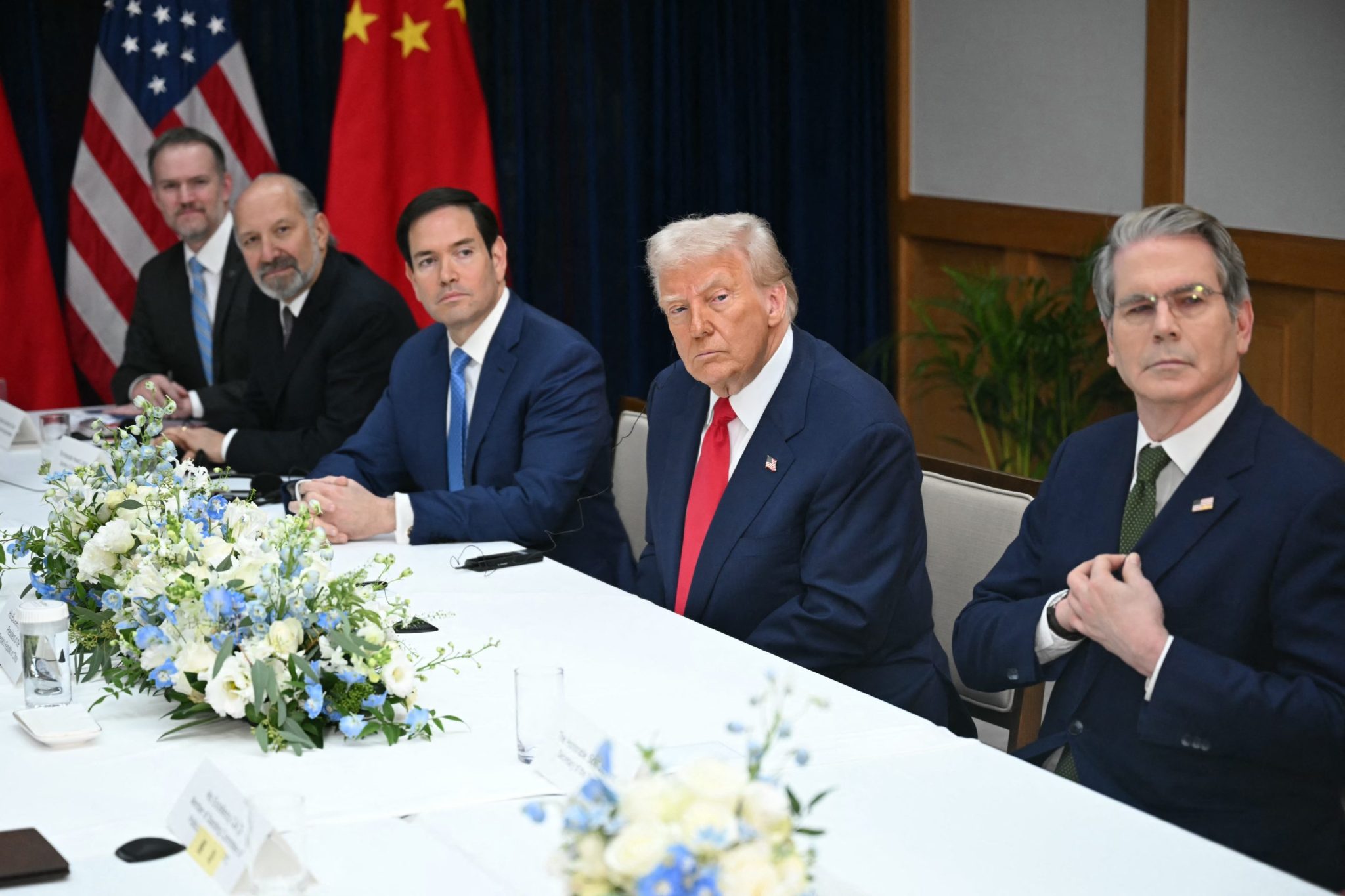





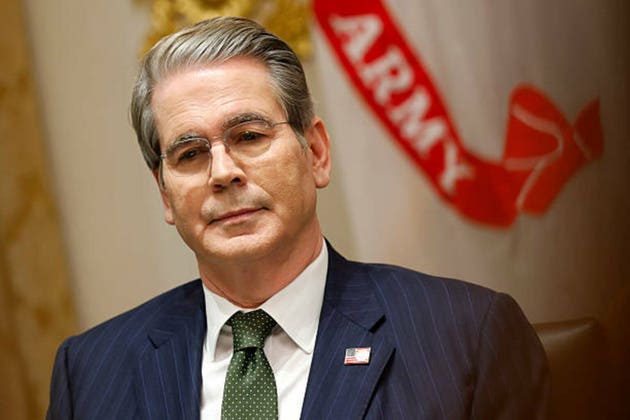

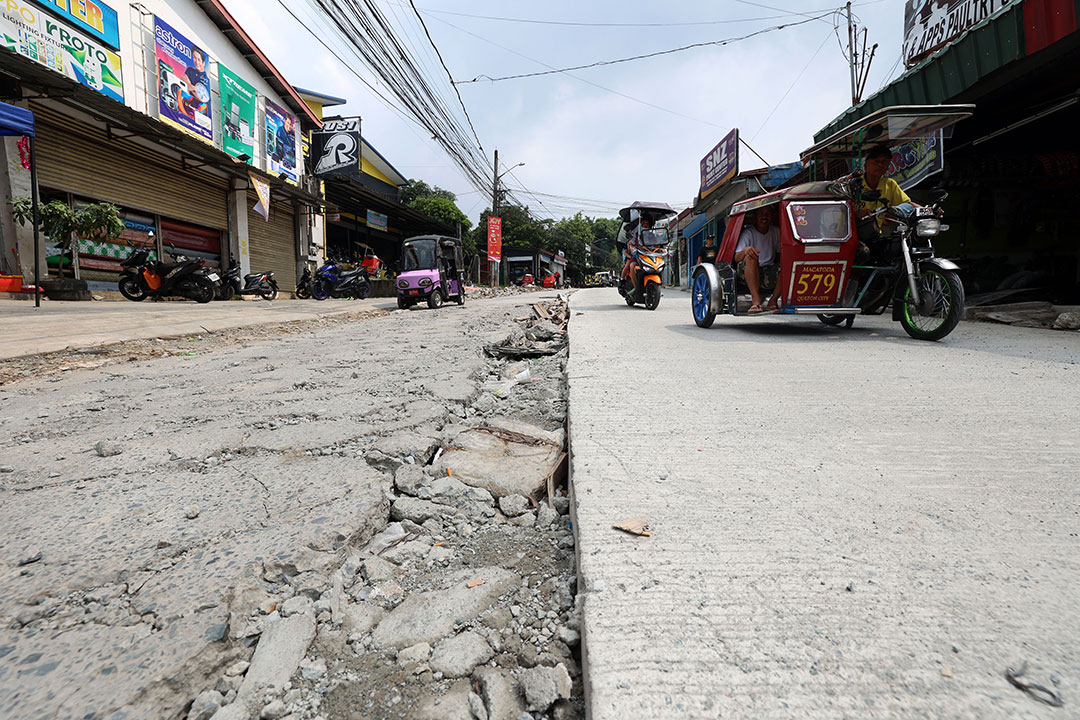


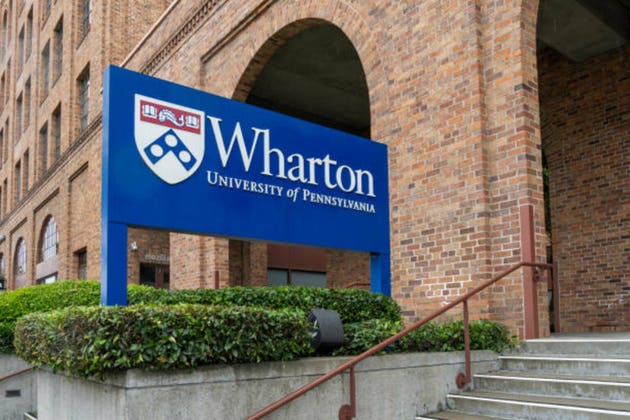


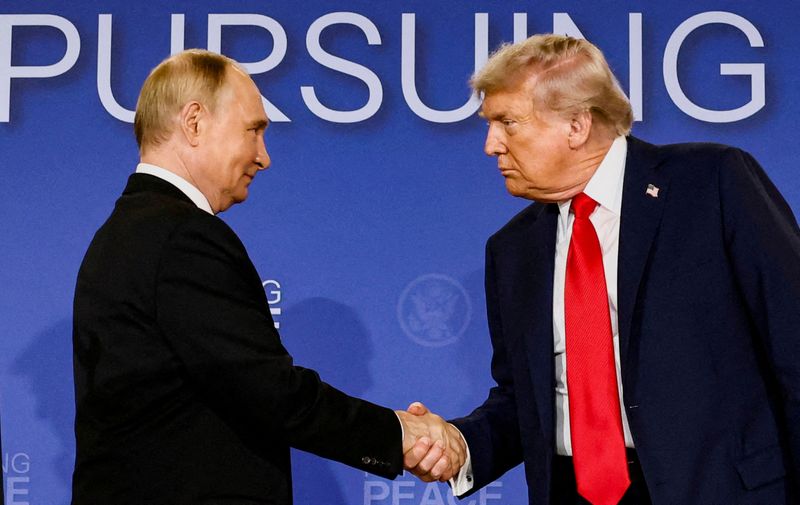
 English (US) ·
English (US) ·